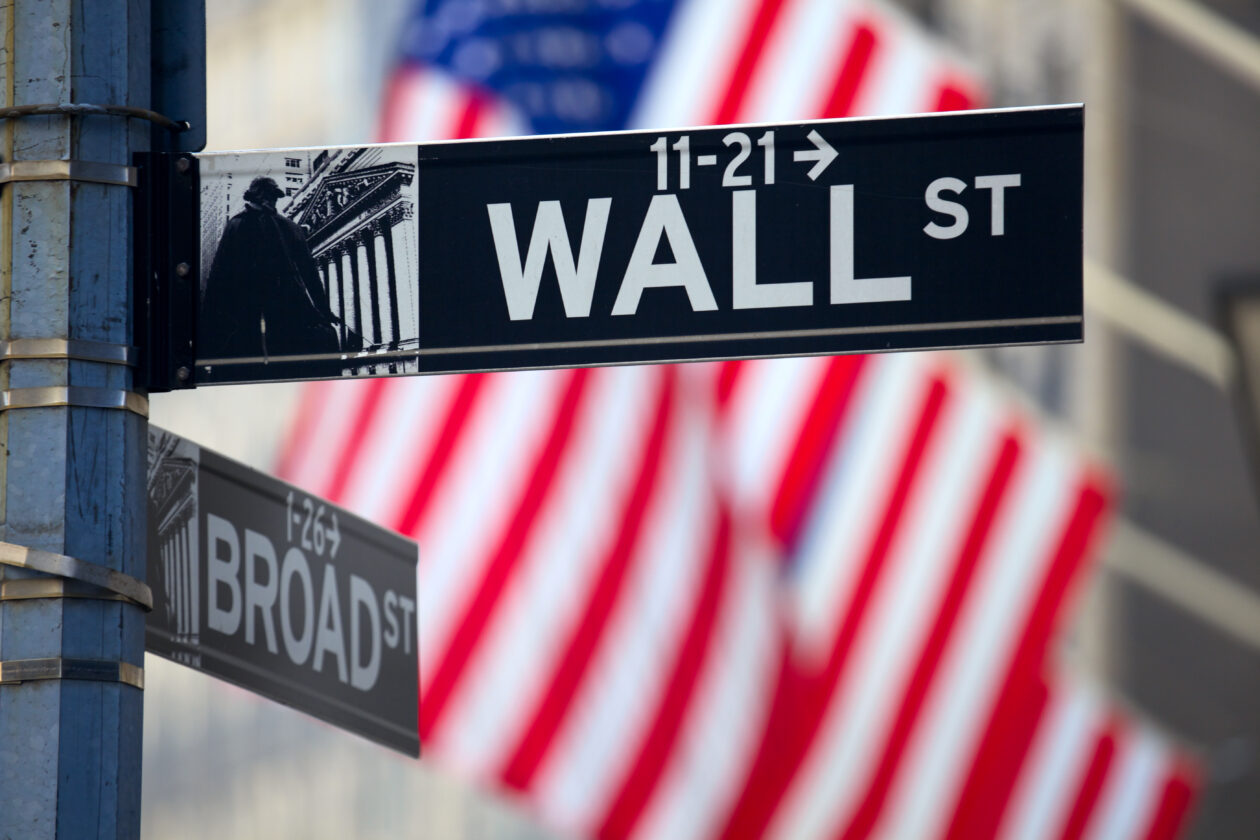Bitcoin and Ether rose during Friday afternoon trading in Hong Kong, while the other top 10 non-stablecoin cryptocurrencies by market capitalization were in the red. Crypto investor appetite subsided as the Securities and Exchange Commission (SEC) made no official comment on Bitcoin exchange-traded fund (ETF) applications and executives quit Binance, the world’s largest crypto exchange.
See related article: Weekly Market Wrap: Bitcoin breaches US$31,195 following Fidelity’s spot Bitcoin ETF application
Bitcoin reclaims US$30,000, Ether trades below US$1,900, top 10 cryptos in the red
Bitcoin rose 0.39% from 7:20 a.m. to 4:30 p.m. in Hong Kong to US$30,036, recovering above the US$30,000 psychological threshold, after it fell as low as US$29,820 earlier today.
Ether inched up 0.32% in the same period to trade at US$1,857 after it slipped below the US$1,900 psychological level yesterday.
Risk appetite subsided, as investors continued to await the SEC ‘s response to the mounting spot Bitcoin ETF applications, including BlackRock’s recently refiled application.
“[BlackRock’s new filing] may indeed increase the chances, but we can’t say surely how fast it will be approved,” wrote Oleh Pyvovarenko, crypto trader and chief executive officer of 2PMarketing blockchain agency, in a statement to Forkast.
“I believe that we will see a Bitcoin ETF in the near future since the SEC can’t ignore this when such companies as BlackRock are willing to create it and put liquidity in it.”
Contributing to poor investment sentiment, Binance Chief Strategy Officer Patrick Hillmann and Vice-President for Compliance Steven Christie said they are leaving the world’s largest exchange, citing personal reasons. Binance CEO Changpeng Zhao in a tweet called the departures normal “turnover” for large organizations.
However, a Fortune report citing unnamed sources and published before Hillmann and Christie confirmed they were leaving, said the executives were quitting due to disappointment over how Zhao was dealing with regulatory investigations of the company.
Zhao in his tweet said the reasons for the departures dreamed up by the “news” are completely wrong.
Litecoin saw the biggest loss in the top 10, falling 7.51% to US$96.28, followed by Dogecoin that lost 3.65% to US$0.06527.
The total crypto market capitalization over the past 24 hours fell 2.68% to US$1.17 trillion and market volume increased 36.56% to US$46.15 billion, according to CoinMarketCap data.
Bitcoin NFT sales rise, Ethereum NFT sales fall but Azuki starts recovery
The Forkast 500 NFT index inched down 0.05% to 2,779.11 points in the 24 hours to 4:30 p.m. in Hong Kong but fell 2.9% during the week.
After a weaker Thursday, Bitcoin’s 24-hour non-fungible token sales increased 65.22% to US$4.51 million, as sales for Uncategorized Ordinals rose 1.27% to US$2.41 million.
Ethereum’s 24-hour NFT sales fell 11.7% to US$17.26 million, as sales for the largest Ethereum-native NFT collection, the Bored Ape Yacht Club, fell 9.68% to US$2.93 million.
Azuki sales rose 32.96% to US$1.58 million, as the collection started recovering from the backlash over the new Azuki Elementals collection that was criticized for being too similar to the original collection.
“The big NFT collections who saw large decreases in their floor prices have regained some footing, and now are bouncing up or down around 5% instead of the massive double-digit swings they were seeing earlier this week and last week,” said Yehudah Petscher, NFT Strategist at Forkast Labs, the parent company of Forkast.News.
Besides the Forkast 500 NFT index, the Forkast ETH NFT Composite was the only one in the red, falling 0.14% to 945.46 points.
Asian equities, U.S. stock futures fall amid mounting U.S.-China trade tensions

Major Asian equities fell as of 4:30 p.m. in Hong Kong, as investors remained cautious in expectation of China’s inflation data for June, scheduled for next week.
Japan’s Nikkei 225 fell 1.17% and the Shenzhen Component Index fell 0.73%. The Shanghai Composite decreased 0.28% and Hong Kong’s Hang Seng Index fell 0.90%, plunging 2.9% for the week.
Investor appetite took a hit amid semiconductor trade tensions between Beijing and Washington, after China filed a complaint against U.S. export curbs, alleging that Washington was abusing sales controls to maintain its leadership in the tech and manufacturing sectors.
U.S. stock futures also fell during Friday afternoon trading in Hong Kong, amid growing Sino-U.S. tensions. The S&P 500 futures index inched down 0.028%, the tech-heavy Nasdaq-100 futures slipped 0.079% and the Dow Jones Industrial Average futures fell 0.026%.
Treasury Secretary Yellen began a four-day visit to China on Thursday, with little expectations from both sides, yet investors hope that her meetings will stabilize the fractured relations between the two nations.
The monthly U.S. jobs report showed that private sector employers added 497,000 jobs in June, far exceeding the 220,000 estimate, which reinforces expectations that the Fed will hike interest rates this month.
The U.S. services purchasing managers’ index rose to 53.9 in June, according to the Institute for Supply Management on Thursday, which beats Reuters’ projection of 51. A reading above 50 indicates expansion, below 50 a contraction.
The data added to concerns that the Federal Reserve will continue its campaign of raising rates and holding them higher for longer periods to tackle inflation. The Fed meets on July 26 to make its next decision on interest rates, after leaving them unchanged in June at between 5% and 5.25%.
The CME FedWatch Tool predicts a 92.4% chance for a 25-basis-point rate increase, up from 88.7% on Thursday. The likelihood the Fed won’t increase is now at just 7.6%.
Investors now anticipate June’s payrolls report scheduled for Friday, which is expected to show an easing in jobs growth.
See related article: EU publishes draft bill for digital euro and cash payments
(Corrects paragraph six to show Binance executives cited personal reasons for resignations, adds detail in paragraphs seven, eight.)






